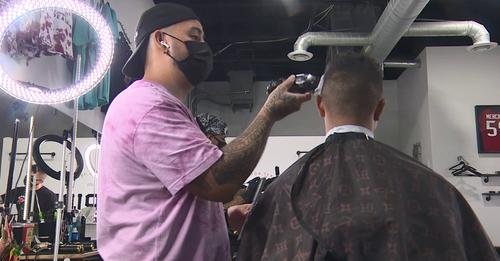When it comes to credit card expenses, my mantra is the cheaper the better. Why pay more for credit if you don’t have to?
But with thousands of credit cards to choose from, most people don’t even know how to shop for them. It’s not like picking out produce. The ones that look the best may cost you a fortune in finance charges.
You may pay dearly over time in high finance charges, late fees and annual membership fees. You don’t have to, of course, but you need to know where you can save money. Here are some quick and easy ways to lower your credit card expenses:
– Pay within the grace period. Most banks give you about a month before they impose finance charges. If you pay within that grace period, you can avoid getting dinged.
— Take Advantage of Good Credit Scores. Did you know the higher your credit score, the lower your finance charges or Annual Percentage Rate (APR)? That’s because people with good credit are more likely to repay their credit balances.
According to a recent survey by WalletHub, “The average APRs on credit cards that require good credit (18.66%) and excellent credit (13.56%) for approval are at all-time highs.”
Check your credit report to see that it’s up to date and reflects all of your repayments. You can get a free report here.
— Avoid Cash Advances. Credit card companies will really soak you for using your credit card like it’s a debit card. Avoid this at all costs.
“The average cash advance fee has increased by 57% in less than five years,” WalletHub found. “Credit card companies are clearly testing the limits of how much they can exploit cash-hungry customers.”
— Be Careful with Balance-Transfer Offers. At first, they make look like incredible ways to lower your APR, but you need to keep your eye on the ball. What will the rates reset to after the balance-transfer period?
“Credit card companies are emphasizing balance transfers over new-purchase financing, offering 0% intro rates for 13% longer and charging slightly lower regular APRs,” WalletHub reported.
Here’s another reason to vet your credit card charges: The Federal Reserve has been raising interest rates over the past year and that has pushed up credit card charges.
Keep in mind that credit card finance charges are likely to climb even more this year, so you need to get pro-active.
“The Fed’s interest rate increase will cost consumers roughly $1.5 billion in additional credit card finance charges in 2017,” according to WalletHub. “Altogether, the Fed’s four rate hikes since Dec. 2015 will add $6 billion to credit card users’ tabs in 2017.”
I know this is a cliche, but with credit card rates rising, you’ll get the best deals by shopping around. Shop online for the best deals at sites like creditcards.com and creditkarma.com.









